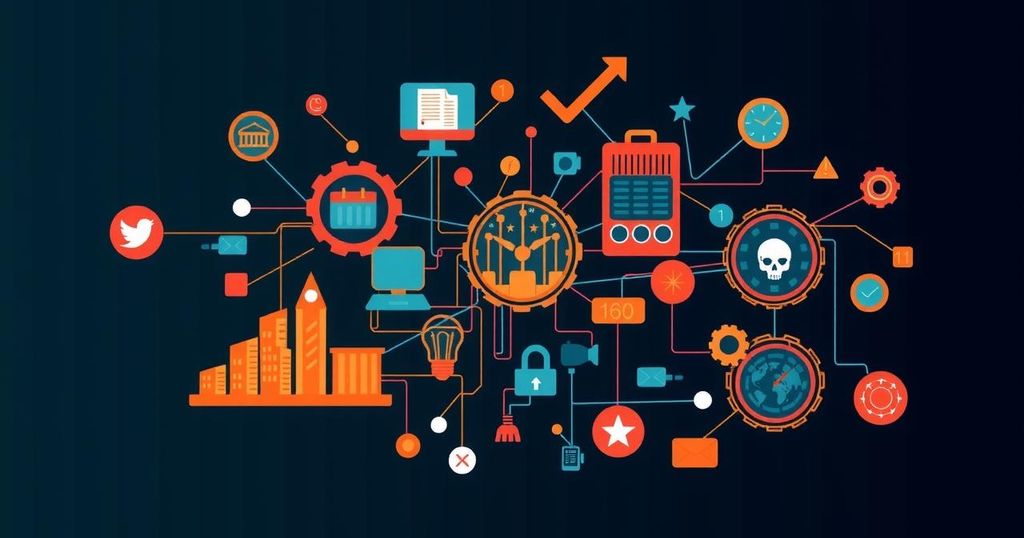Transformative Trends in K-12 Education Technology for 2024
In 2024, education technology will increasingly focus on personalized learning through AI, flexible hybrid learning models, enhanced digital literacy, immersive tech like AR/VR, data-driven learning analytics, collaboration through project-based education, essential cybersecurity training, and equitable access to technology for all students.
As we delve into 2024, the realm of education technology is set to transform the landscape of learning like never before. Personalized learning platforms, fueled by artificial intelligence, will tailor educational experiences to meet the unique needs of every student, ensuring no learner is left behind. Meanwhile, hybrid learning models are evolving, blending the best of in-person and online instruction, offering both flexibility and richness in education.
Augmented and virtual reality will further enhance the learning journey, captivating students with immersive experiences that bridge the gap between theoretical knowledge and real-world application. Digital literacy and coding will occupy center stage, equipping young minds with the skills essential for thriving in our tech-driven society.
Crucially, learning analytics will emerge as a powerful tool for educators, allowing for data-driven insights that inform teaching strategies and enhance student outcomes. Collaboration will flourish through project-based learning methodologies, nurturing critical thinking and teamwork skills that are essential for future success.
As the digital environment grows, cybersecurity education will become vital, instilling responsible use of technology among students.
Importantly, there will be a concerted effort to bridge the digital divide, ensuring equitable access to these technological advancements for all students, reflecting an inclusive vision for K-12 education in 2024.
The evolution of K-12 education has been profoundly shaped by technology, particularly over the past few years. The COVID-19 pandemic acted as a catalyst, thrusting remote and hybrid learning into the spotlight. Schools increasingly embraced digital tools to enhance instruction and facilitate student engagement. The focus has transitioned toward personalized learning, where educational strategies are customized to fit individual learning styles and paces, all while ensuring that students are equipped for the future job market, which is increasingly reliant on digital proficiency.
In conclusion, the trends in education technology for 2024 herald a transformative era for K-12 education. From personalized learning experiences and hybrid models to the integration of immersive technologies, every innovation aims to empower both educators and students. As we embrace these changes, we pave the way for an inclusive, dynamic, and responsive educational landscape that prepares our youth for the challenges and opportunities ahead.
Original Source: www.eschoolnews.com




Post Comment